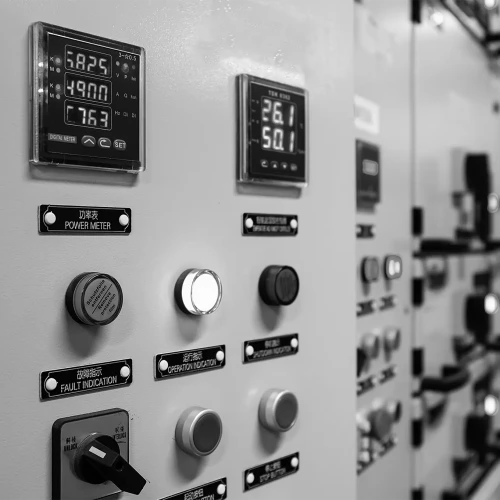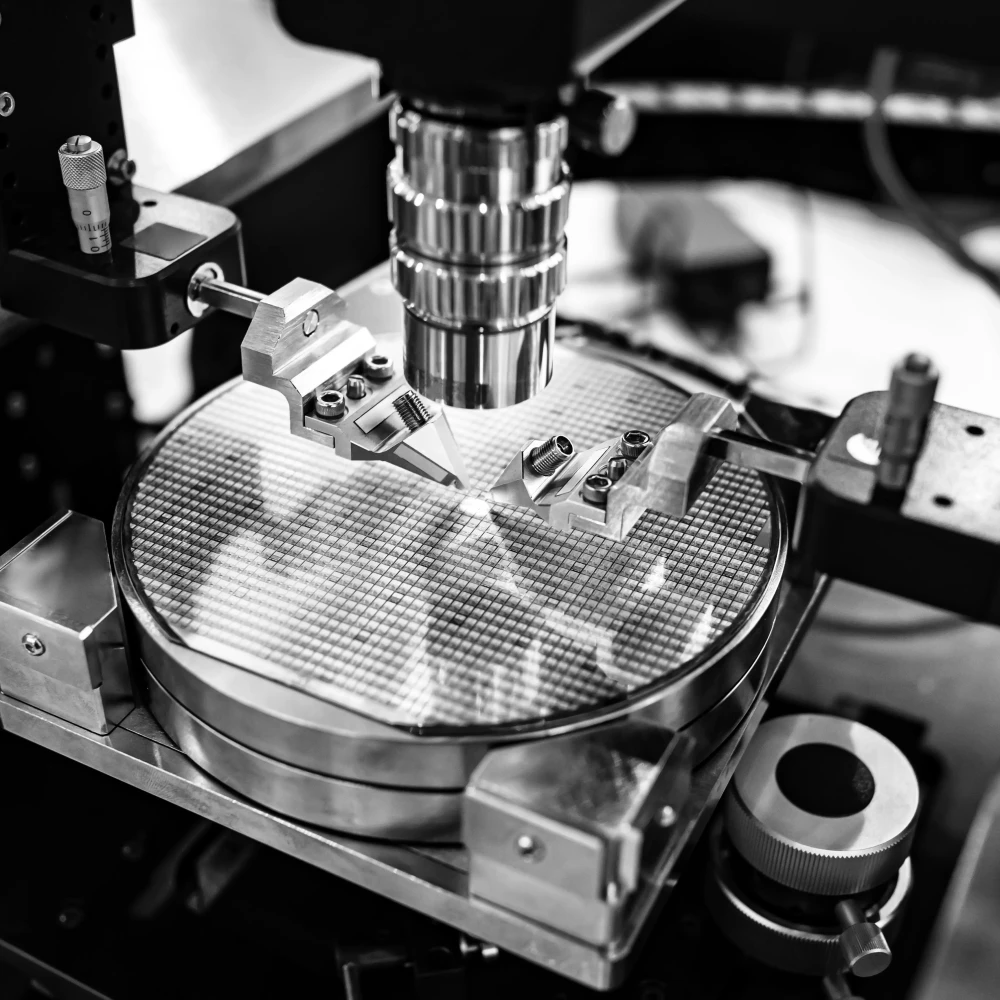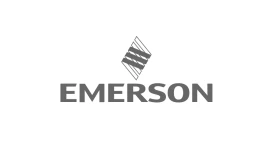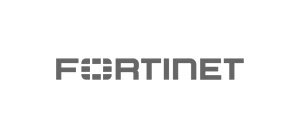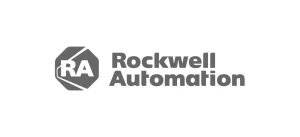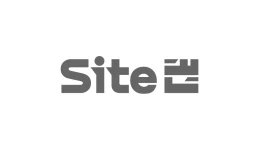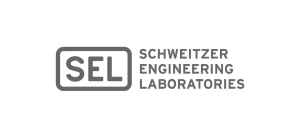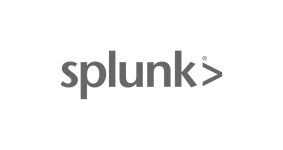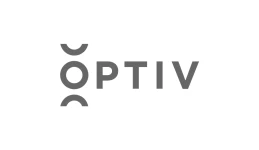Build your cybersecurity program with the platform, threat intelligence, and services designed for how OT works.
OT-Native by Design
Defending critical infrastructure requires OT-native solutions designed specifically for OT environments. The Dragos Platform is built by defenders, backed by threat intelligence analysts, and supported by OT experts with real field experience.
The Dragos Platform: OT-Expertise Codified
Cyber Physical Systems Under Attack
Industries face unprecedented cyber risks as adversaries increasingly target critical infrastructure
87
%
increase in ransomware attacks
Source: Dragos 2025 OT Cybersecurity Report
23
total ICS-focused threat groups, with 9 active in 2024
Source: Dragos 2025 OT Cybersecurity Report
70
%
of vulnerabilities are deep within OT network
Source: Dragos 2025 OT Cybersecurity Report
Chart Your Path
Insights
Strengthen your OT security with essential cybersecurity controls to protect your critical infrastructure.
Implement cyber risk management frameworks that satisfy regulatory requirements for critical infrastructure protection.
Cybersecurity Solutions for Critical Infrastructure
As the leading OT/ICS cybersecurity company, Dragos has unmatched experience securing industrial assets across sectors with tailored industrial cybersecurity solutions.
Secure manufacturing production with comprehensive cybersecurity for automation control systems.
Enhance visibility, detection, and response capabilities in oil and gas with OT cybersecurity solutions.
Protect electric grid operations with proactive, holistic industrial cybersecurity solutions.
Protect water and wastewater systems with proactive cyber defense and OT cybersecurity solutions.
Analyze the entire OT spectrum, including processing, quality control, and critical operations.
Gain comprehensive visibility of assets and threats with expert playbooks for incident investigation.
Protect chemical production OT and safeguard IP with advanced industrial cybersecurity solutions.
Manage IT to OT convergence and reduce cyber risk across critical transportation infrastructure.
Proven Results for Critical Infrastructure
-
The improved visibility we gained through the Dragos Platform has been a game-changer for our day-to-day operations.... This visibility has empowered our team to make data-driven decisions, improve our incident response times, and maintain reliable and secure infrastructure for our community.
Josh DeTerra, Supervising Engineer, Littleton Electric Light & Water Department (LELWD) -
Our requirements drove us overwhelmingly to Dragos. The insights were well ahead of the competitors. We could understand them and easily act on them. It’s easy to put in technology that alerts you to everything. With Dragos, we got context – the ability to confidently know which alerts to ignore and which ones to act on.
International Airport Cybersecurity Manager -
What’s been helpful with Dragos is not just the technology, but the expertise that they bring to the table. Koch can now identify ICS/OT threats, rapidly pinpoint malicious behavior on their ICS/OT networks, provide an in-depth context of alerts, and reduce false positive alerts for complete threat detection.
Gabe Green, CISO at Koch Industries -
We were initially focused on anomaly detection software and originally thought that we would benefit from the ability to see and react to alerts. But we quickly realized that the majority of those solutions just weren’t as mature as we needed. This awareness led us to consider OT visibility platforms in general, and the conversation pretty much started and stopped with Dragos.
CISO, Electric & Water Utility
Secure Partner Ecosystem







